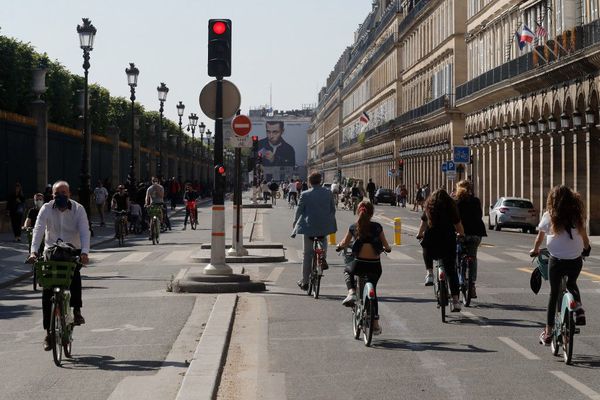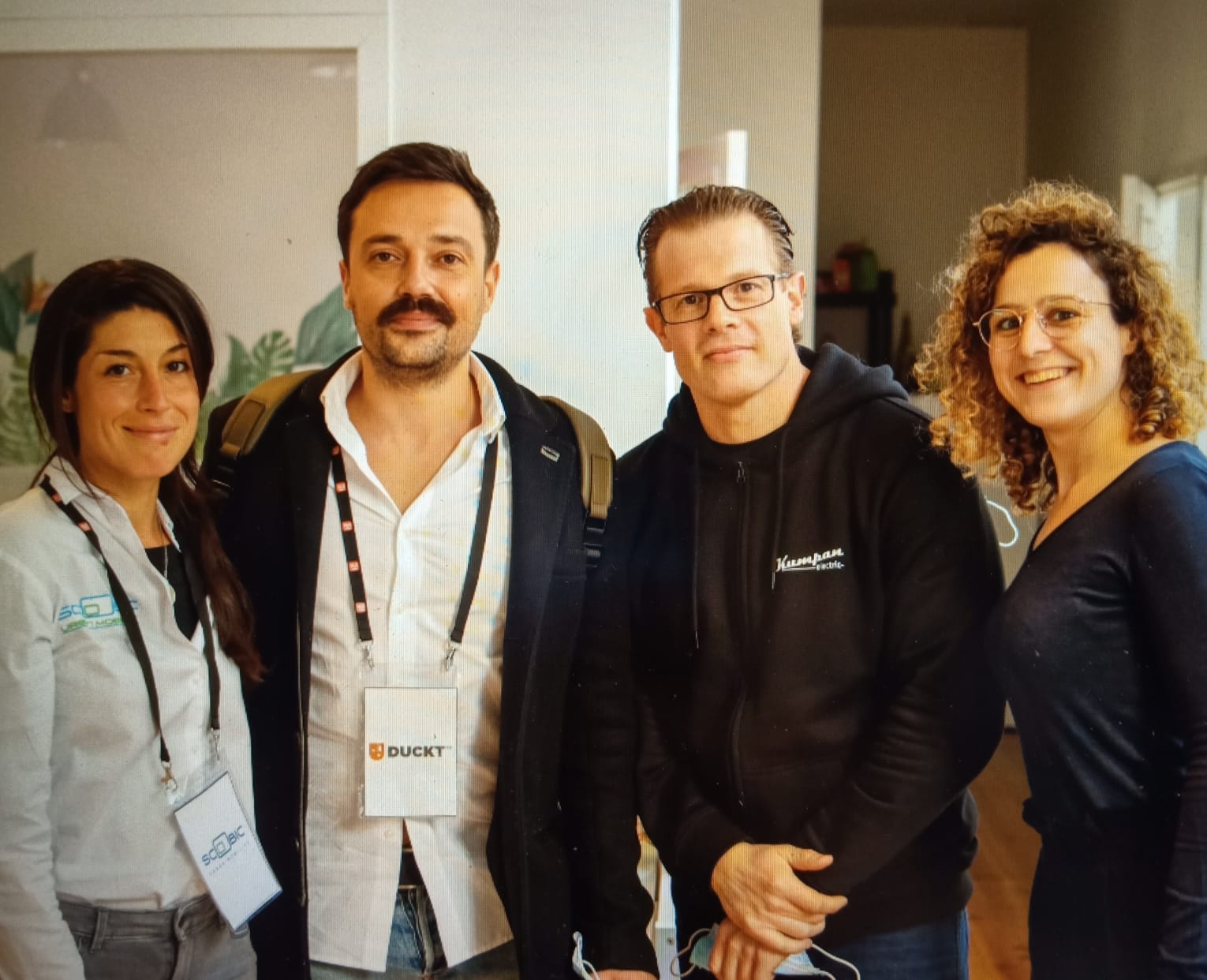Electromobility: we will exhibit with Duckt and Scoobic at Electric Road in France 18-19 October

Nearly 50% of the worlds population lives in cities, 75% of the energy is consumed in cities and 80% of the GHG are emitted in cities. This means, we have an enormous lever when we can make mobility within our cities more sustainable.
And according to the World Bank the good km-travelled in our cities is expected to more than triple by 2050. This was an estimate before COVID-19, and now with COVID-19 we see the acceleration of this trend – an exponential increase in e-commerce/goods.
And the potential for ‘greening’ urban logistics is there. Most (60%) of our trips in our cities are less than 6km… which means we can do them with a vehicle other than a delivery van. And we are focused on investing in these new, innovative and more efficient form factors – such as Scoobic or Onomotion.

Rue de Rivoli, Paris, France
Collaborating with innovative start-ups Duckt and Scoobic, Hortense Bécheux and Julien Pech, Business Developers at EIT InnoEnergy, will participate in the Electric Road conference on 18 and 19 October in Bordeaux, France. Hortense, a specialist in sustainable micromobility solutions, will take part in a workshop that will tackle urban logistics issues on 18 October at 17.00, along with experts and company representatives from DHL, WH Logistics, KEDGE Business School, and Logicités Gruau.
- DUCKT helps organise public space, lower operational costs and create a better experience for Mobility-as-a-Service (MaaS) with a plug and play universal adaptor and Internet of things (IoT) charge solution. DUCKT will be represented by Marc-Antoine Réol (Country Manager France).
- SCOOBIC creates last-mile electric vehicles profitable for companies and sustainable for the planet. SCOOBIC will be represented by Anaï Jannin (Country Manager).

From left to right : Anaï Jannin (Scoobic), Marc-Antoine Réol (Duckt), Jacobs Daniel (Kumpan), Hortense Bécheux (EIT InnoEnergy)

